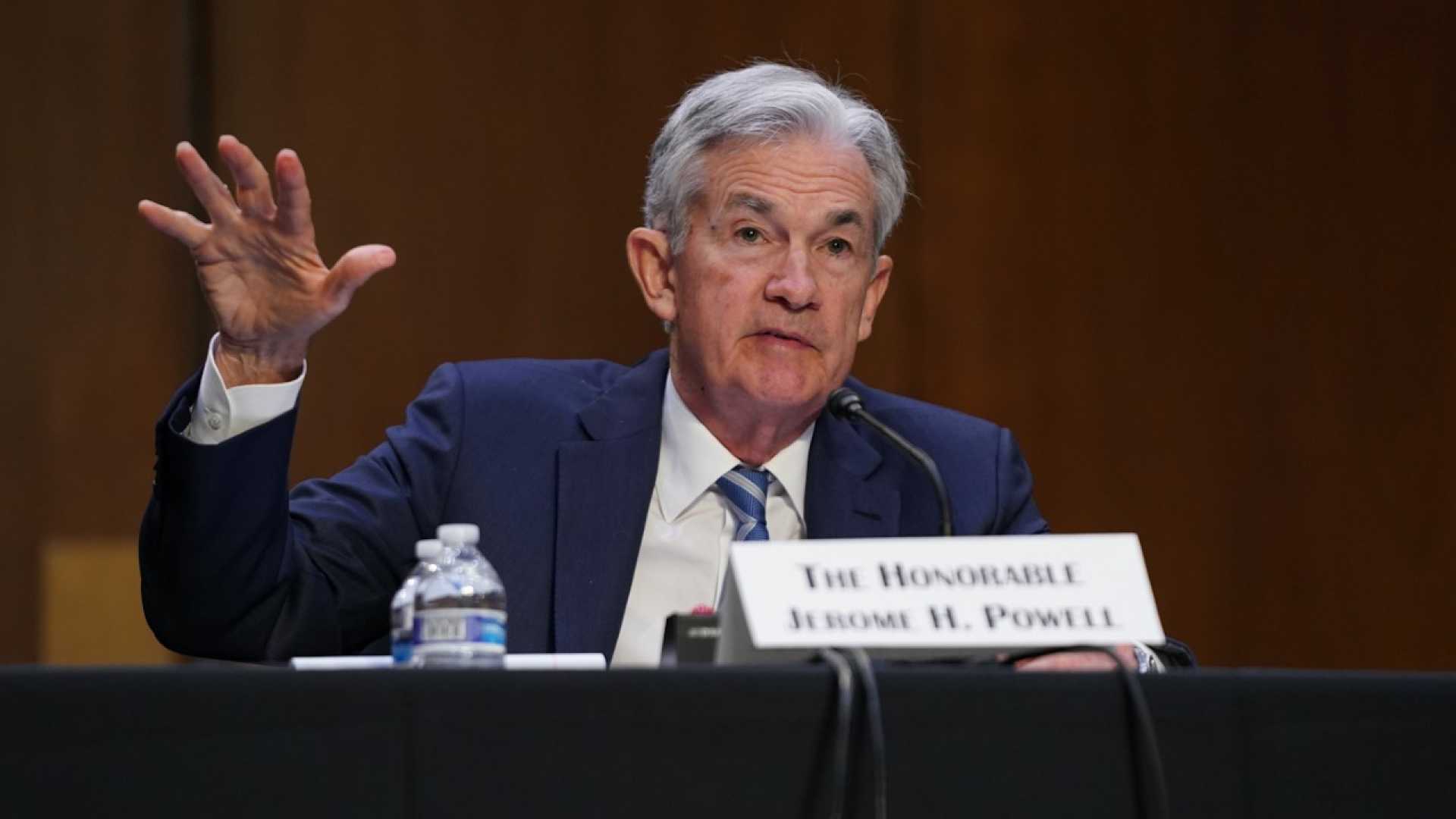Business
Fed Chair Powell Warns of Inflation-Growth Dilemma Amid Tariff Concerns

WASHINGTON, D.C. — Federal Reserve Chair Jerome Powell expressed significant concern Wednesday that the central bank may face a dilemma in its dual mandate to control inflation while supporting economic growth, particularly in light of U.S. President Donald Trump’s ongoing tariffs.
Speaking before the Economic Club of Chicago, Powell highlighted the tension created by tariffs, stating, “We may find ourselves in the challenging scenario in which our dual-mandate goals are in tension.” He noted the uncertainties regarding the impacts these tariffs might have on inflation and growth, indicating that the Federal Reserve may need to reassess its focus in response to evolving economic conditions.
As tariffs act as a tax on imports, Powell pointed out that the Fed is tasked with achieving stable prices and full employment. He mentioned that tariffs commonly pose a threat to both of these objectives. “If that were to occur, we would consider how far the economy is from each goal and the potentially different time horizons over which those respective gaps would be anticipated to close,” he explained.
During a question-and-answer session following his speech, Powell elaborated on the potential impact of tariffs. “Tariffs are likely to move us further away from our goals… probably for the balance of this year,” he said.
While Powell refrained from providing specific guidance on interest rate movements, he affirmed, “For the time being, we are well positioned to wait for greater clarity before considering any adjustments to our policy stance.” This statement aligns with market predictions, where analysts expect the Fed may initiate rate cuts as early as June and implement multiple quarter-percentage-point cuts by the end of 2025, according to CME Group’s forecasts.
The impending inflation rates appeared concerning for Powell, as the Fed’s key inflation measure is anticipated to show a 2.6% rate for March, higher than the Fed’s 2% annual target. “Tariffs are highly likely to generate at least a temporary rise in inflation,” he stated. He cautioned that the inflationary effects could last longer, depending on the size of impacts and how quickly they are integrated into prices.
Despite the pressures from tariffs, Powell characterized the economy as being in a “solid position.” He cited initial reports indicating that U.S. gross domestic product growth for the first quarter may reflect minimal expansion, exacerbated by strong imports as businesses sought to prepare ahead of the anticipated tariffs.
Powell’s remarks arrived after the Commerce Department reported an unexpected increase of 1.4% in consumer spending for March, primarily attributed to auto sales, as consumers rushed to purchase vehicles in anticipation of tariffs.
In response to these developments, the Atlanta Fed predicted a slight contraction of 0.1% in the GDP growth for the first quarter, further emphasizing that growth has decelerated from last year’s strong pace. The central bank is continuing to analyze inflationary pressures, particularly how newly imposed tariffs may further complicate economic conditions.
With these dynamics in play, Powell’s warnings highlight the challenges faced by the Federal Reserve in navigating its dual objectives amidst a turbulent economic landscape fueled by ongoing trade wars.












